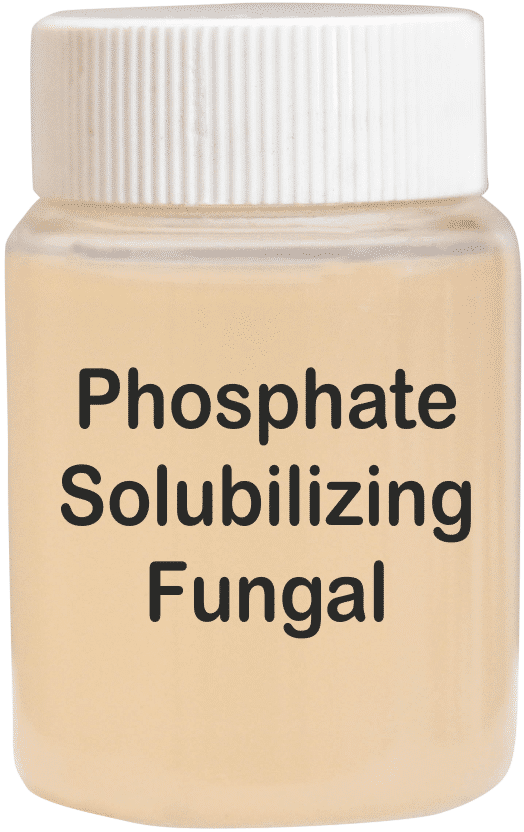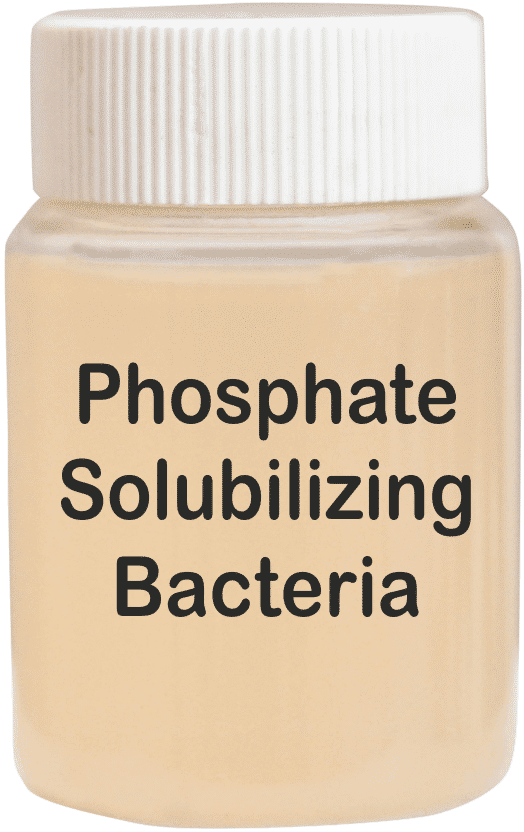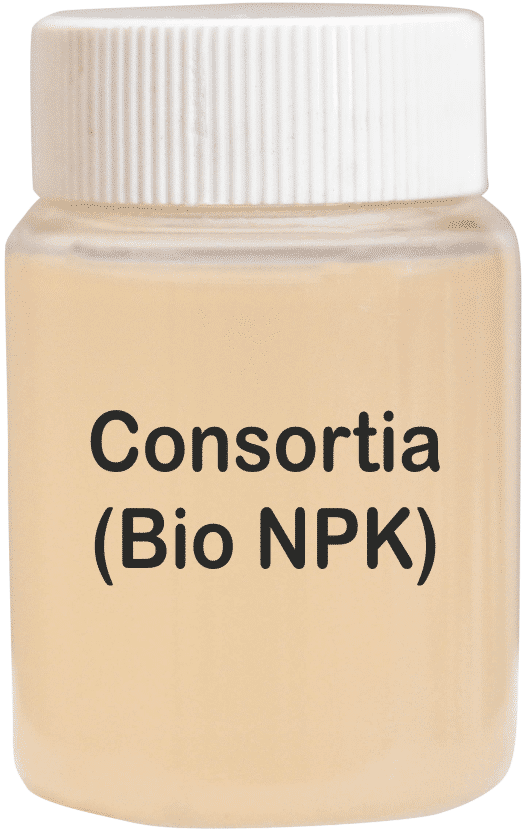
Zinc Solubilizing Bacteria
Product Details:
- Classification Organic Fertilizer
- Chemical Name Other
- Physical State Liquid
- Application Agriculture
- Click to view more
Zinc Solubilizing Bacteria Price And Quantity
- 100 Litres
- 250.0 INR/Kilograms
- 250.00 - 1250.00 INR/Kilograms
Zinc Solubilizing Bacteria Product Specifications
- Liquid
- Agriculture
- Other
- Organic Fertilizer
Zinc Solubilizing Bacteria Trade Information
- 5000 Litres Per Month
- 1 Week
- Yes
- Free samples are available
- All India
Product Description
Zinc solubilizing bacteria play a crucial role in enhancing plant growth and productivity by mobilizing zinc in the soil. These bacteria employ various mechanisms, one of which involves acidification. They secrete organic acids into the soil, which effectively sequester zinc cations, making them more available to plants. Additionally, the organic acids released by these microbes contribute to a decrease in the pH of the nearby soil, promoting zinc solubility. This acidification process helps break down the complex forms of zinc in the soil, ensuring better absorption and utilization by plants. Consequently, the increased availability of zinc leads to improved crop yield and quality. The beneficial effects of zinc-solubilizing bacteria on plant growth make them valuable allies in sustainable agriculture practices, especially in zinc deficient soils.
 English
English Spanish
Spanish French
French German
German Italian
Italian Chinese (Simplified)
Chinese (Simplified) Japanese
Japanese Korean
Korean Arabic
Arabic Portuguese
Portuguese




